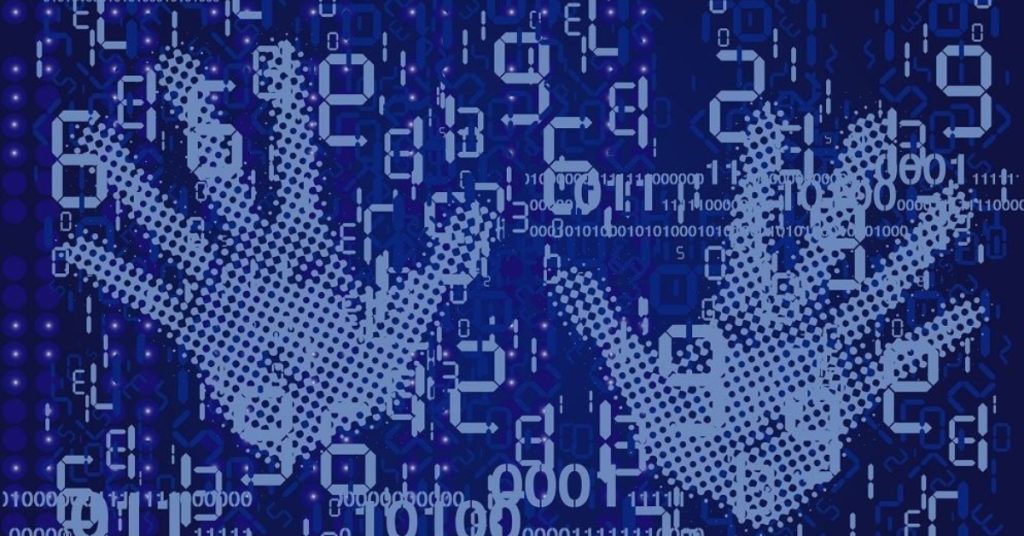
Artificial intelligence (AI) is revolutionizing cybersecurity by assisting professionals in various ways. A primary advantage is the reduction in workload for cybersecurity personnel, who typically work an average of 52 hours per week. Automation allows these professionals to handle repetitive tasks more efficiently, giving them breathing room between attacks.
AI-powered machine learning algorithms can adapt to new threats more quickly than humans. These algorithms identify patterns and similarities between new malware and known threats, providing a proactive defense. With the increase in remote work due to the COVID-19 pandemic, the attack surfaces of enterprises have expanded, making AI's rapid data analysis crucial.
AI's ability to learn and detect simple threats autonomously frees up significant time for IT staff. Additionally, AI-based analytics platforms that use both structured and unstructured machine learning are more adept at correlating and understanding data from various tools, providing more reliable information.
The Risks of AI in Cybersecurity
However, the use of AI in cybersecurity also introduces new risks. The same machine learning algorithms that benefit defenders can be exploited by attackers. Hackers can use AI to automate the discovery of vulnerabilities and streamline labor-intensive attacks like spear phishing.
AI can also enhance attackers' capabilities in ways specific to cybercriminals. For example, speech synthesis can be used for impersonation, making phishing attacks more convincing. Advanced language models like GPT-3 can simulate human behavior with high realism, further enhancing the effectiveness of such attacks.
AI-based malware and bots pose significant threats to average users, capable of stealing data, coordinating botnets, and breaching VPNs. The impact of these vulnerabilities can be devastating, creating a domino effect that endangers countless individuals.
The Future of AI in Cybersecurity
Ultimately, AI is transforming cybersecurity for both defenders and attackers. As the technology evolves, its influence on cyber warfare will continue to grow. The U.S. Department of Defense already acknowledges AI cyber defense as the best countermeasure against AI-driven cyberattacks. AI is not inherently good or evil; it is a powerful tool that will forever change the cybersecurity landscape, much like the introduction of rifles revolutionized warfare during the Renaissance.
Comments (0)